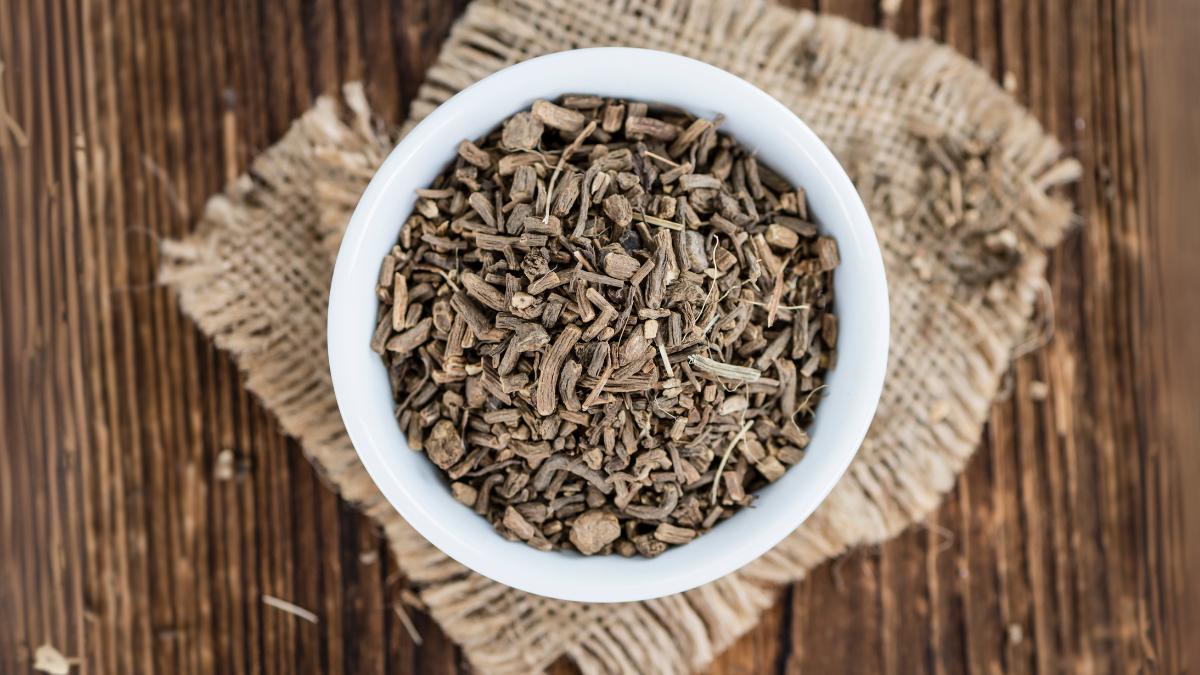
09 Apr Home Remedies to Quit Smoking: Natural Strategies
Finding a home remedy to quit smoking can be a great support for those who want to give up tobacco addiction. Quitting smoking is a challenge for many people, but with willpower, motivation, and the right strategies, it is possible to achieve this goal. There are various natural ways to help fight tobacco dependence, from medicinal plants to changes in daily habits. Smoking is not just a physical addiction but also a deeply rooted habit in a smoker’s behavior. That’s why, in addition to natural alternatives, it’s essential to work on the mind, create healthy routines, and replace cigarettes with habits that are better for your health. Quitting smoking requires patience and persistence. Every day without a cigarette is a victory and a step toward a healthier and more balanced life. In this article, we’ll explore different home remedies to quit smoking, covering effective alternatives and the health benefits that come with smoking cessation.
If you’re looking for an effective natural remedy to quit smoking, there are several natural options that can support the process. In addition to using medicinal herbs like St. John’s Wort and valerian, a tea to quit smoking can be an excellent ally in reducing anxiety and easing withdrawal symptoms. Many people wonder how to quit smoking for good, and the answer lies in combining strategies such as adopting healthier habits, using natural supplements, and retraining daily behavior. Creating a structured routine and avoiding emotional triggers are key steps for a smoother and more effective quitting process.
Why Is It So Hard to Quit Smoking?
Tobacco contains nicotine, a highly addictive substance that creates strong physical and psychological dependence. When a smoker tries to quit, the body reacts with withdrawal symptoms like irritability, anxiety, lack of concentration, and intense cravings. Many people associate smoking with moments of relaxation or pleasure, making it even harder to give it up. The social factor can also complicate the process—being around other smokers can trigger emotional and psychological responses. Smoking is often a coping mechanism for stress, a reflex to negative emotions, or a ritual tied to activities like drinking coffee or chatting with friends. To win this battle, it’s essential to find effective methods that reduce anxiety and nicotine cravings, while promoting healthy habits and new ways to handle daily stress.
Benefits of Quitting Smoking
Stopping smoking has almost immediate health benefits. Some of the main advantages include:
- Improved breathing: After a few weeks, breathing becomes easier and chronic coughing tends to disappear as the lungs begin to regenerate and expel built-up mucus.
- Reduced cardiovascular risk: Smoking increases blood pressure and the risk of heart attacks and strokes. Once you quit, your blood vessels begin to regain their elasticity, improving circulation.
- More energy: Oxygen levels improve, leading to more physical and mental energy. The fatigue caused by nicotine toxicity fades gradually.
- Better taste and smell: Smoking dulls the senses of taste and smell, which start to return within days of quitting, making meals more enjoyable.
- Healthier skin: Smoking accelerates skin aging, causing wrinkles, spots, and a tired appearance. Quitting boosts cell regeneration, giving you a more youthful glow.
- Financial savings: The money spent on cigarettes can be redirected to healthier and more rewarding activities like fitness, travel, or personal development courses.
- Improved sleep quality: Many smokers suffer from insomnia or frequent waking. As nicotine levels drop, the body stabilizes and sleep becomes deeper and more restorative.
Home Remedies to Quit Smoking
Many people ask: are there natural remedies to help quit smoking? The answer is yes! Certain medicinal plants and natural strategies can support the process by relieving anxiety and reducing nicotine cravings.
1. St. John’s Wort Tea – Hypericum perforatum
St. John’s Wort is known for its natural antidepressant properties. It can be a powerful ally when quitting smoking, as it helps balance mood and reduce anxiety—two of the main challenges during smoking cessation. It also has a calming effect on the nervous system, lowering stress and promoting relaxation, which decreases the urge to smoke. Studies show that regular consumption of St. John’s Wort tea can improve emotional stability, making it easier to stay on track.
2. Valerian Tea – Valeriana officinalis
Valerian is a great natural relaxant that helps reduce stress and improve sleep quality. Many people who try to quit smoking struggle with insomnia and irritability, making valerian tea an excellent option to calm the mind and body. It also helps ease nicotine withdrawal symptoms and reduce the anxiety caused by quitting. For best results, drink the tea before bedtime to promote deep, restful sleep.
3. Anti-Tobacco Herbal Blend
This special herbal tea anti-tobacco blend is designed to help fight tobacco addiction. With natural ingredients that reduce cravings and support detoxification, it can be a strong ally during the quitting process. Drinking it daily can relieve withdrawal symptoms and reduce the urge to smoke. Additionally, it can serve as a healthier replacement for the habit of holding a cigarette, offering a new and beneficial daily routine.
Conclusion
Quitting smoking requires effort, determination, and the right strategies. While there is no miracle cure, several natural options can help reduce nicotine cravings and ease withdrawal symptoms. St. John’s Wort tea, valerian, and anti-tobacco herbal blends are excellent allies in this process. Staying hydrated, exercising, and finding new ways to handle stress are also essential for success. The journey may be challenging, but every step taken without a cigarette is a victory and an investment in your health. If you’re ready to change, start today and discover the benefits of a tobacco-free life.








No Comments